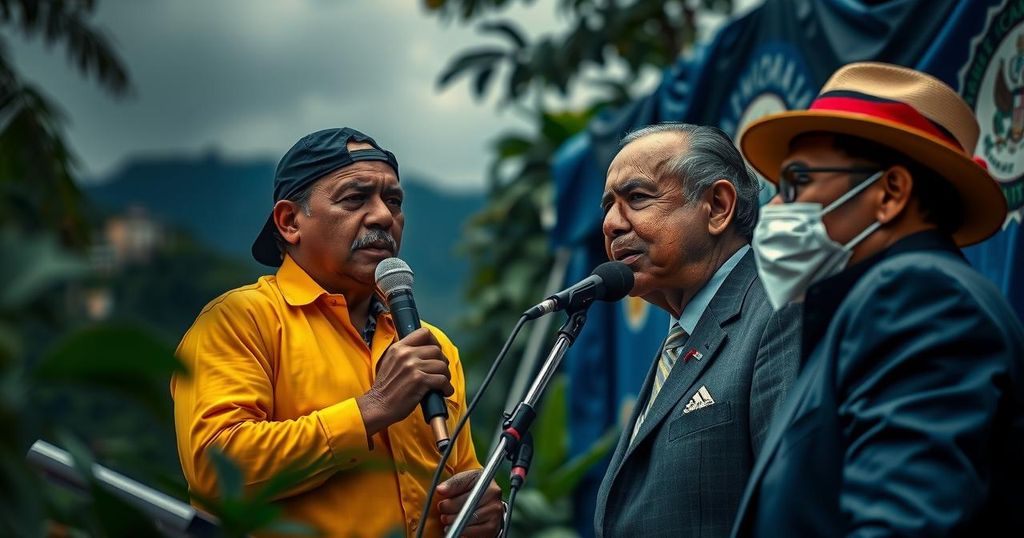Constitutional Changes in Congo and Nicaragua Spark Democratic Concerns

Leaders in Congo and Nicaragua are pursuing constitutional changes that may consolidate their power, raising fears of democratic erosion. In Congo, President Tshisekedi has been accused of attempting to remove presidential term limits, while in Nicaragua, President Ortega seeks to extend term lengths and enhance presidential authority, prompting concerns about authoritarianism in both nations.
Political leaders in the Democratic Republic of Congo and Nicaragua are actively pursuing constitutional amendments that have raised alarm among critics who fear these changes will undermine democratic principles and consolidate authoritarian power. In Congo, President Félix Tshisekedi has justified his call for a new constitution by claiming the existing framework is outdated. Nevertheless, opposition figures are concerned that this move could eliminate presidential term limits, allowing Tshisekedi to extend his tenure beyond the two-term rule established in the current constitution. In Nicaragua, President Daniel Ortega’s proposed reforms aim to enhance presidential authority, including extending term lengths and re-establishing the vice presidency as a co-presidency, reinforcing family influence in governance. Both leaders assert their proposals aim to modernize governance and ensure stability, yet critics argue they represent deliberate attempts to erode democratic safeguards. As these constitutional deliberations unfold, both nations are confronting significant implications for their political landscapes, with Congo experiencing rising tensions and Nicaragua inching closer to entrenched authoritarianism, a trend exacerbated by Ortega’s previous suppressive actions against dissent. While international responses remain limited, the scrutiny of these constitutional developments is likely to intensify as their potential ramifications for democracy are more widely recognized.
The movements in both the Democratic Republic of Congo and Nicaragua reflect a broader trend observed in various regions where leaders attempt to amend constitutions to consolidate power. In particular, these actions can lead to an erosion of democratic norms and instabilities within these nations. Given the historical contexts of both countries, including Congo’s struggles with political conflict and Nicaragua’s journey toward authoritarianism under Ortega, these constitutional changes are critical to examine. They indicate a significant deviation from democratic practices and suggest a troubling pattern where leaders prioritize personal power over the principles of governance established to protect democratic integrity.
The constitutional changes proposed by the leaders of the Democratic Republic of Congo and Nicaragua signify a concerning trend towards authoritarianism in both nations. As President Tshisekedi attempts to redefine the constitutional framework in Congo and President Ortega seeks to enhance his power in Nicaragua, critics warn of a potential deterioration of democratic principles. The international community’s response will be critical in assessing the implications of these developments on regional stability and democracy.
Original Source: www.firstpost.com







